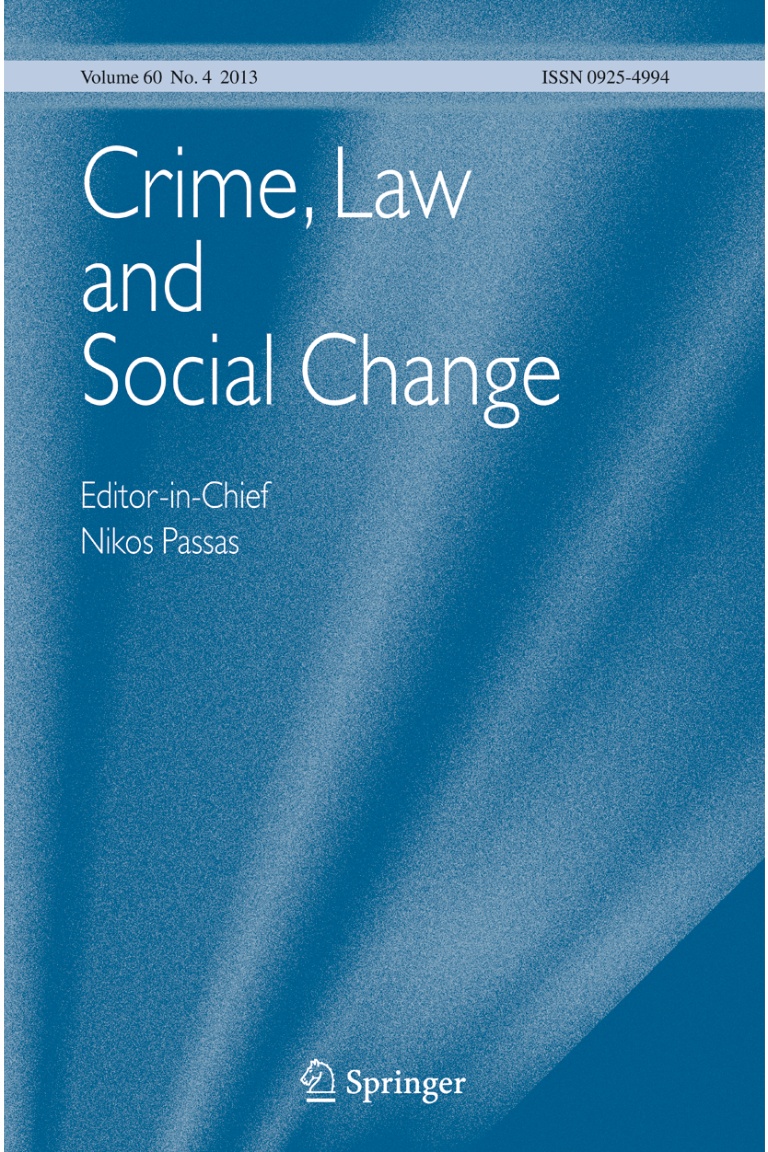Corporate crime is a worldwide problem [41], but the burgeoning reported economic crime rate in China [33] involving such acts as poisoned food [109] and rampant environmental pollution [95], provide a unique opportunity to study the nature of such offending in a country whose economy is growing faster than any other in history. China retained authoritarian one-party control as the nation transitioned from the collectivist economy established by Mao Zedong to the current “socialist market economy,” a capitalist market system combined with state-owned-enterprises. This combination of control and capital may help explain the documented rise in white-collar and corporate offending in China, and provides a unique backdrop for examining the relevance of theories developed through the study of western capitalist societies.
Few scholarly works exist that examine similarities and differences between corporate crime in China with offenses in the west [19, 46]. One paramount issue is whether such illegalities are subject to “non-issue making” [29, 47] where the state provides de facto approval for injurious behaviors through non-response. Not all corporate offenses in the west are treated in this manner as some have argued that selectivity in regulatory enforcement results in the investigation of crimes that threaten capital accumulation [17]. This is likely due to the state’s desire to maintain a balance between its essential functions: capital accumulation and government legitimacy [69, 73]. While there appears to be evidence for such theories in western capitalist democracies, their applicability to single-party states such as China has yet to be examined by scholars.
The aim of this study is to compare Chinese state response to corporate crime with that of capitalist democracies given the People’s Republic of China’s authoritarian, one-party rule. It seeks to answer four questions regarding China’s response to economic crime. First, to what extent do local and national enforcement agencies in China allow for unpunished regulatory violations? Second, to what degree does government response to violations relegate corporate crime to non-issue status? Third, when met with public dissatisfaction, how does the state respond with enforcement in addressing popular concern and/or maintaining its own legitimacy? Fourth, once threats to legitimacy pass, does the state goal of accumulation result in a return to lax enforcement? These questions will be considered through an in-depth examination of the Sanlu milk scandal of 2008 that involved widespread harm and worldwide media coverage.

 The College of Arts
The College of Arts